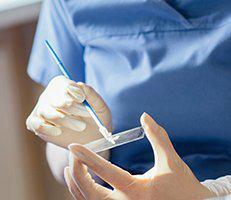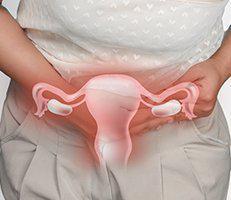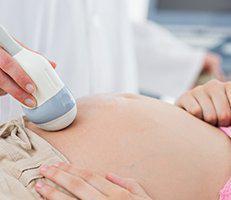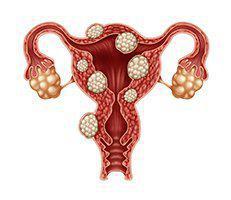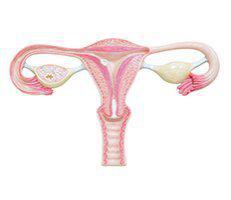What is an endometrial ablation?
An endometrial ablation is a procedure in which the lining of the uterus (the endometrium) is removed. This lining is shed every month during menstrual periods. With no endometrial lining, there isn't anything left to shed every month. This procedure can be a good solution for women who suffer from problems like excessively heavy periods or severe cramps.
When is an endometrial ablation needed?
Women who most benefit from an endometrial ablation are those who have problems, such as:
- Heavy bleeding
- Long periods: Usually lasting a week or more
- Severe cramps during period
- Spotting between periods
Endometrial ablation may be a good option for women who want symptom relief without undergoing a hysterectomy.
How does endometrial ablation impact fertility?
Endometrial ablation is best suited for women who are done with family building. While it's possible to get pregnant as long as you have your uterus, it's quite rare to get pregnant and carry a baby to term after an endometrial ablation.
How does the endometrial ablation work?
Endometrial ablations are typically done as an outpatient procedure.
You'll be given either general anesthesia or spinal block anesthesia, so you won't be in pain during the procedure.
No incisions are needed as Dr. Lauriston will insert the ablation tools past the cervix to the uterus. These tools will allow her to ablate (destroy) the uterus lining (endometrium).
The whole procedure typically takes around 45 minutes to an hour.
Most women have only minimal pain after an endometrial ablation, but there is a chance of strong cramping, nausea and other symptoms for a few days. Most women can go back to work, or their normal activities within a few days. It is recommended you avoid sex, tampons and douche for two to three days after this procedure.
Can the uterine lining grow back following an endometrial ablation?
Yes. It's possible that the endometrial lining will grow back after an endometrial ablation. However, it usually takes a long time. If this occurs, another endometrial ablation can be done if necessary.
Will you still have a period after endometrial ablation?
This varies by patient. Most women still have a light period after endometrial ablation, but a significant portion of patients stop having periods altogether. It usually takes around two or three months after an endometrial ablation to determine if your menstrual cycle will continue or stop completely.





